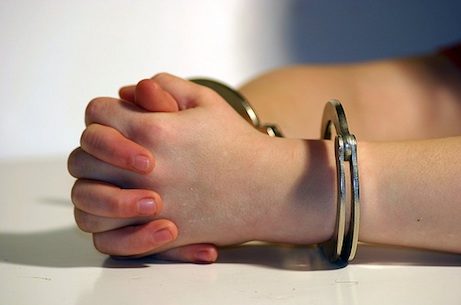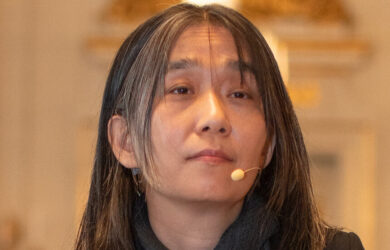
Why do children with criminal parents have a higher risk of committing crime? A Gates Cambridge Alumna has just published a book studying this topic.
Why do children with criminal parents have a higher risk of committing crime? A Gates Cambridge Alumna has just published a book which seeks to answer a question which could have implications for the way the UK and other countries tackle crime.
The book, Intergenerational Transmission of Criminal and Violent Behaviour, is based on Sytske Besemer’s dissertation and draws on studies conducted in England and the Netherlands.
It contrasts several explanations for this intergenerational transmission, such as social learning (imitation of behaviour), official bias against certain families, and transmission of risk factors.
The book answers questions such as: does it matter when the parents committed crime in the child’s life? Do more persistent offenders transmit crime more than sporadic offenders? Do violent offenders specifically transmit violent behaviour or general crime to their children? Might the police and courts be biased against certain families? Could a deprived environment explain why parents as well as children show criminal behaviour? Does parental imprisonment pose an extra risk?
The dissertation is the first study to specifically investigate the mechanisms of intergenerational continuity of criminal behaviour.
Sytske [2008], who did her PhD in Criminology at the University of Cambridge, says her book has important policy implications: “My research shows that policies designed to reduce offending might actually increase it in the next generation. This is especially important since Western countries such as the United Kingdom and the Netherlands show an increasing trend towards more punitive policies.”
Her research was conducted at the University of Cambridge and the Netherlands Institute for the Study of Crime and Law Enforcement (NSCR). The book costs 29.95 euros and is published by Sidestone Press in November.
Picture credit: Syrian Society for Social Development and Creative Commons.












